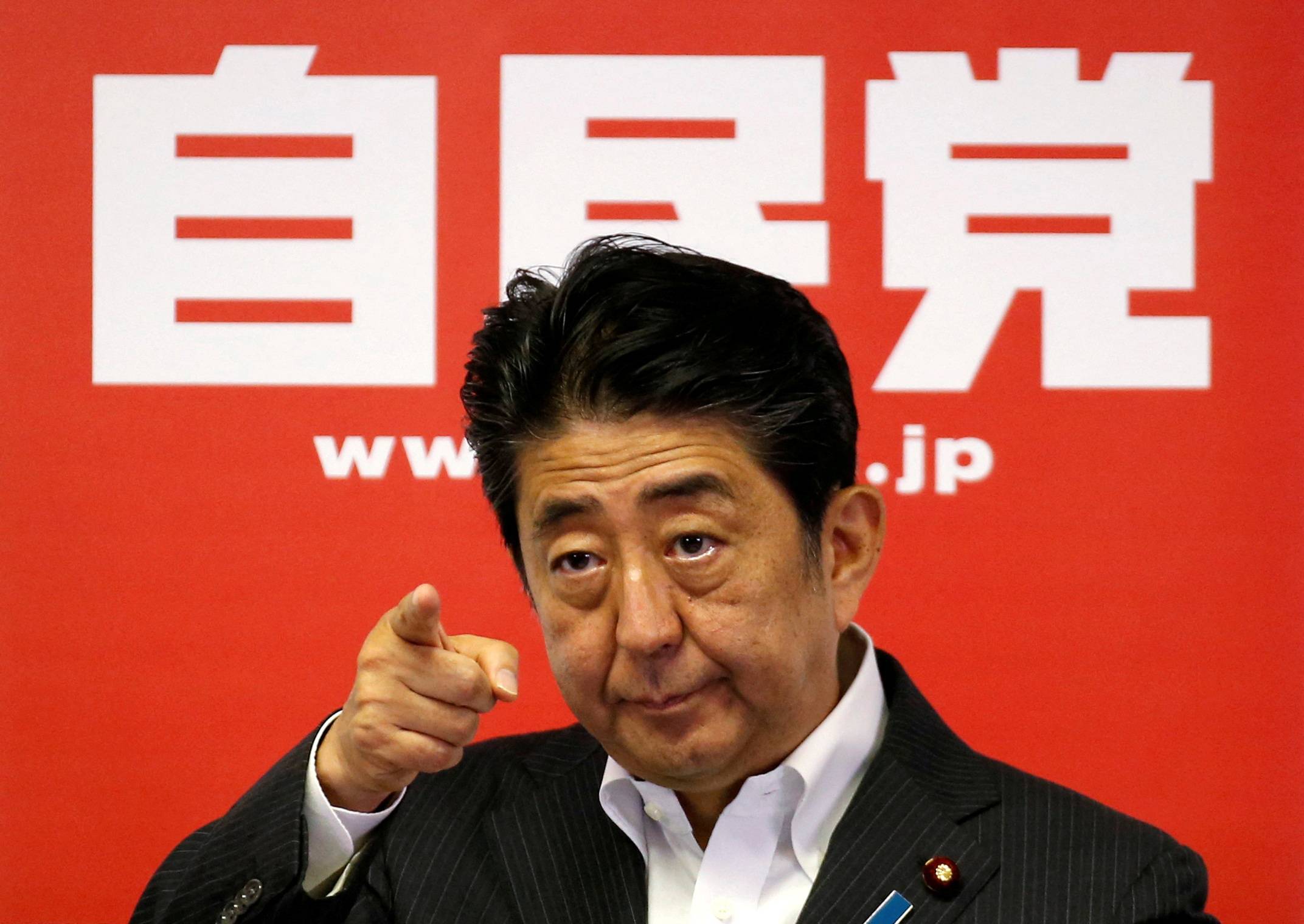Following the family tradition, Shinzo Abe entered politics in 1993. His ascent started as deputy chief Cabinet secretary in 2000 and he eventually climbed it to the top post in 2006. After a brief hiatus due to illness, Abe returned as Japan's 96th prime minster in 2012 and eventually became the country's longest-reigning leader, bring stability to a ruling party that had been plagued by a rapid rotation of prime ministers.
During his career, he nurtured strong ties with four U.S. presidents, initiated talks with hostile neighbors and helped Tokyo win its bid for the Tokyo 2020 Olympics and Paralympics. He also courted controversy with a hawkish diplomacy and a long-fought plan to amend the pacifist Article 9 of the Japanese Constitution, and almost met his downfall with several corruption-related scandals.
On July 8, 2022, while stump campaigning in the LDP stronghold of Nara, bullets from a handmade gun brought the statesman’s illustrious career to an abrupt halt.


















With your current subscription plan you can comment on stories. However, before writing your first comment, please create a display name in the Profile section of your subscriber account page.